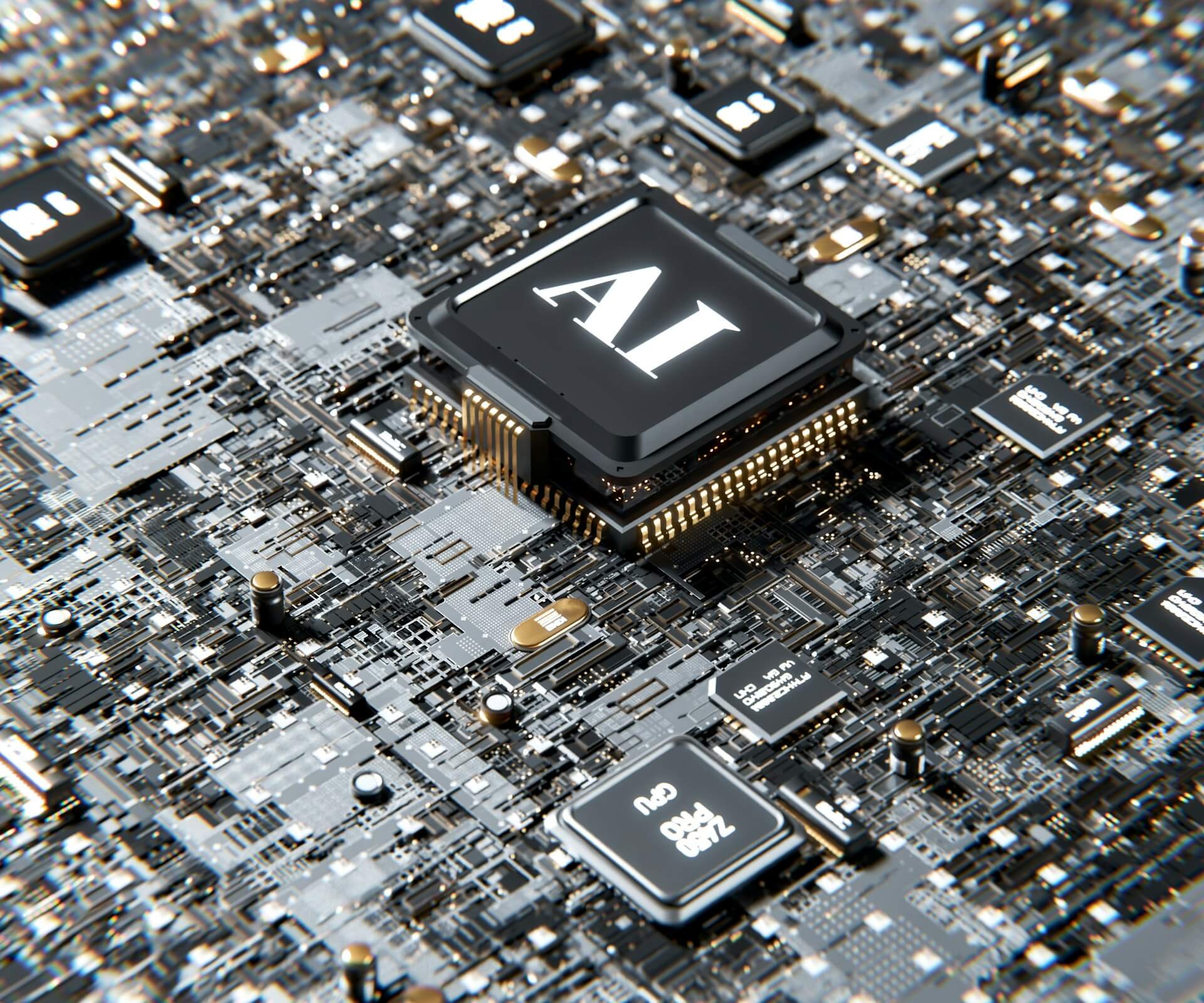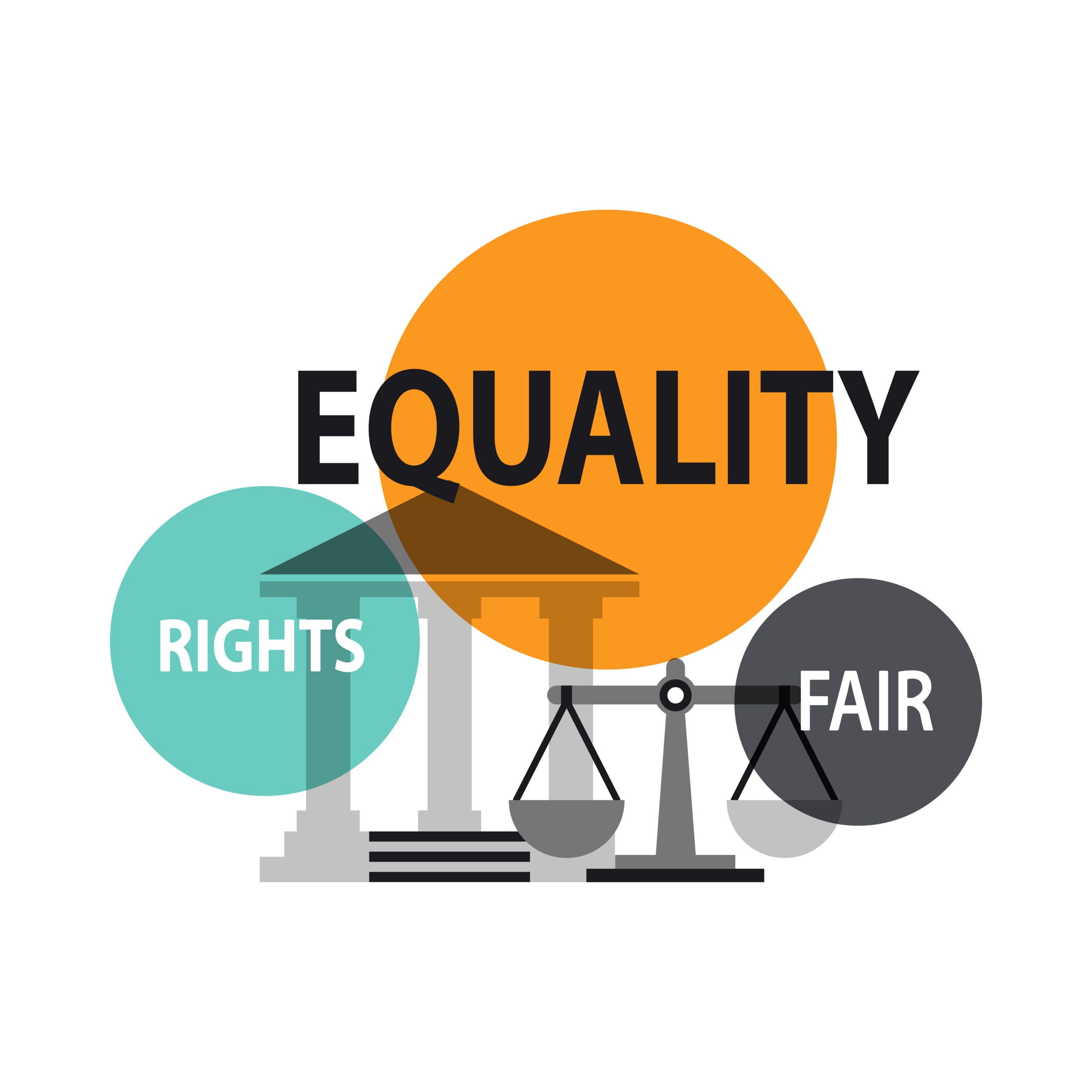By Michael Cengkuru
Women are drastically underrepresented in nearly all development sectors across the globe. The rise of Artificial Intelligence (AI) has added yet to the sectors leaving women underrepresented. Africa’s low-tech communities, gender inequality runs especially deep with female participation lagging even further behind. Globally, women make up less than 25% of the AI workforce worldwide. In Africa, that number is estimated between 5-10%. Cultural norms and lack of access to education perpetuate the divide. Few girls pursue (Science, Technology, Engineering and Mathematics) STEM careers, and women face multiple social barriers entering such male-dominated tech fields. Despite such statistics, pioneers are proving change is possible through grassroots, community-focused models that train and equip women with digital skills.
The big picture
The AI industry is booming, with the global market expected to reach $190 billion by 2025. However, this growth needs to be more inclusive, with women making up only 22% of AI professionals globally. This gender gap is even more pronounced in low-tech spaces in Africa, where women face additional barriers to entry, such as limited access to education and technology. According to research by The Organization for Economic Cooperation and Development (OECD), Africa has the highest proportion of women entrepreneurs worldwide. In sub-Saharan Africa, an impressive 25.9% of women start or manage a business.
“It’s about equality of opportunity, not outcome. We want all genders to have an equal chance at accessing these roles.” – AiFoTu, AI education nonprofit CEO
But it doesn’t have to be this way. By empowering women in the AI industry, we can create a more diverse and innovative workforce, improve economic outcomes for women and their families, and drive sustainable development in Africa.
Understanding the gender gap in AI
The gender gap in the AI industry is a complex issue with many contributing factors. Lack of representation in STEM education and careers, gender stereotypes, and biases in hiring and promotion practices are just a few of the reasons why women are underrepresented in the AI industry. In low-tech spaces in Africa, women face additional challenges, such as limited access to education and technology. The digital divide among the women in Africa is still too high and this is further coupled with cultural norms and gender roles that play a role, with expectation to prioritize family responsibilities over their careers.
The gender gap in the AI industry has far-reaching consequences. A lack of diversity in the workforce can lead to biased AI systems, as the people building these systems often bring their own biases and perspectives to the table. This can perpetuate existing inequalities and harm marginalized communities. Additionally, the economic benefits of the AI industry should be shared equally. Women fail to take advantage of high-paying jobs and opportunities for career advancement in the AI field. This perpetuates the gender wage gap and hinders economic progress in Africa.
Empowering women in low-tech spaces
Despite the challenges, successful initiatives are working to empower women in the AI industry in low-tech spaces in Africa. Here are a few examples:
- AI for Good: This organization provides free AI education and resources to women in Africa, focusing on using AI for social good. They offer online and offline courses, mentorship, and networking opportunities.
- Women in Machine Learning and Data Science (WiMLDS): This global organization has chapters in several African countries, providing women with the opportunity to learn, connect, and grow in AI. They offer workshops, talks, and networking events.
- TechWomen: This US-based initiative brings emerging women leaders in STEM from Africa and the Middle East to the US for a mentorship and exchange program. Participants learn about the latest developments in AI and other technologies and build relationships with industry leaders.
- She Loves Code: This organization provides coding and AI education to women in Africa, with a focus on empowering women to become tech entrepreneurs. They offer online and offline courses, mentorship, and networking opportunities.
- African Women in Technology (AWIT): This organization provides a platform for African women in tech to connect, learn, and grow. They offer events, workshops, mentorship opportunities, and resources for career development.
Here at Development Eye Initiative (DEI) we continue to share information on how policy makers can regulate AI and ensure that women are given equal opportunities to benefit from AI initiative. The Usisi Amandla- Sister Strength programme provides competence building for young women on AI and other IT related policy engagements so they can influence policy related issues on AI in Uganda.
How policymakers, businesses, and individuals can make a difference
Policymakers can create policies that support women in the AI industry, such as providing funding for education and training programs and creating incentives for businesses to hire and promote women. They can also address systemic issues, such as the lack of access to education and technology, and work to challenge cultural norms and gender roles that perpetuate the gender gap.
Businesses can also play a role by creating inclusive hiring practices, providing opportunities for professional development, and creating a culture that values diversity and inclusion. They can also invest in initiatives that support women in the AI industry, such as sponsoring scholarships and mentorship programs.
Individuals can support women in the AI industry by mentoring and sponsoring them and advocating for policies and practices promoting gender equality. They can also support initiatives that empower women in the AI industry, such as donating to organizations that provide education and resources to women in low-tech spaces in Africa.
“Empowering women in the AI industry is not just the right thing to do; it’s also good for business. Companies with more diverse workforces are more innovative, profitable, and better able to serve their customers.” – Dr. Joyce Mwangama, co-founder of AI for Good.
In conclusion
Bridging the gender gap in the AI industry is essential for creating a more inclusive and innovative workforce. By supporting women in low-tech spaces in Africa, we can create opportunities for economic empowerment and sustainable development. Policymakers, businesses, and individuals all have a role to play in making this a reality.
Resources
Harnessing AI: Amplifying the Voices and Impact of African Women
The Writer is an Open Data Specialist and a Consultant at DEI


